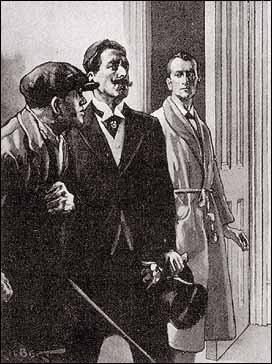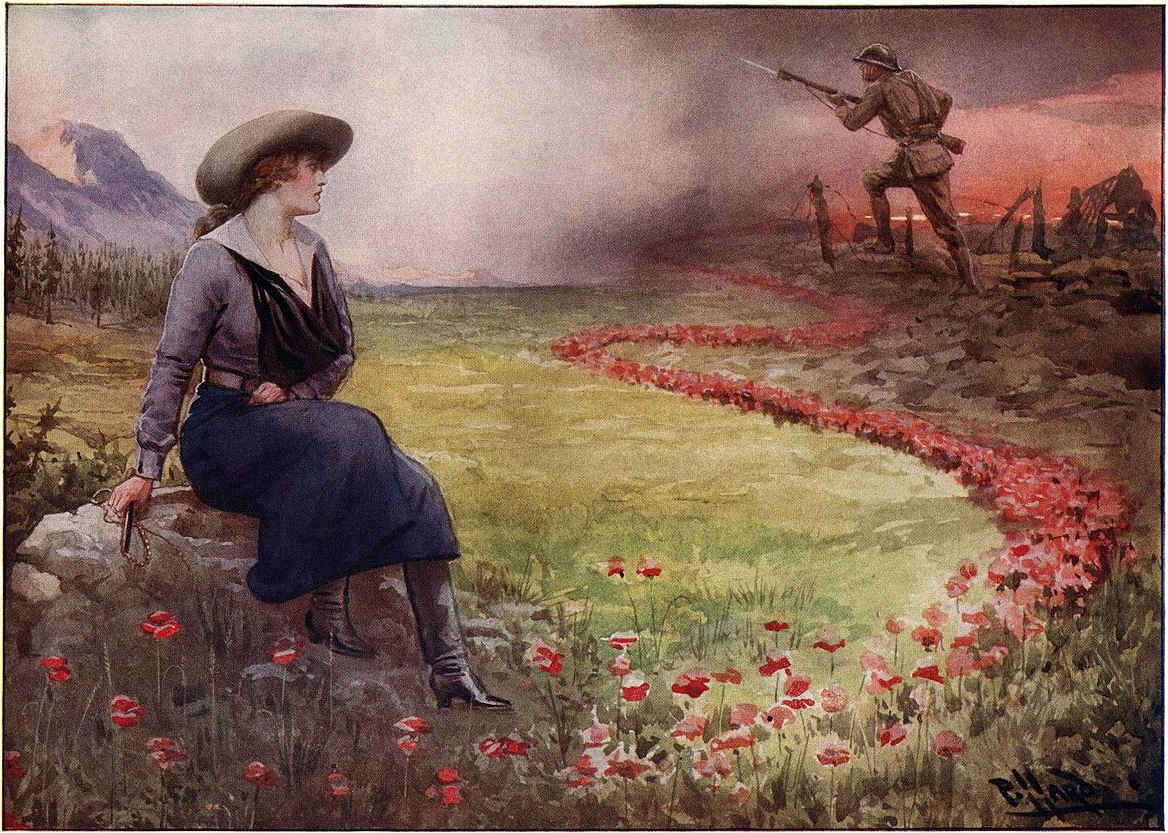caniculture
n. the rearing of dogs
naufrageous
adj. in danger of shipwreck
ridibund
adj. inclined to laughter; happy, lively
metagrobolize
v. to mystify
In January 2004 Greg Clark was making a supply run from his home on Kosciusko Island in southeastern Alaska when he radioed that his boat had lost power. With him was his constant companion, Brick, an 8-year-old Labrador retriever. After a three-day search, the Coast Guard found part of the boat’s stern on rocks on the west side of the island, which lies within the 17-million-acre Tongass National Forest.
More than a month afterward, two local fishermen were motoring past Heceta Island, several miles from the accident, when they saw a black animal on the beach. They recognized Brick, who swam to the boat and was hauled aboard. He was underweight, his leg was injured, and his fur was matted with tree sap, but he was “wiggling with joy,” according to CBS News. How the dog had stayed alive for four weeks in the harsh Alaskan winter is unknown.




